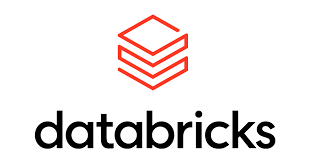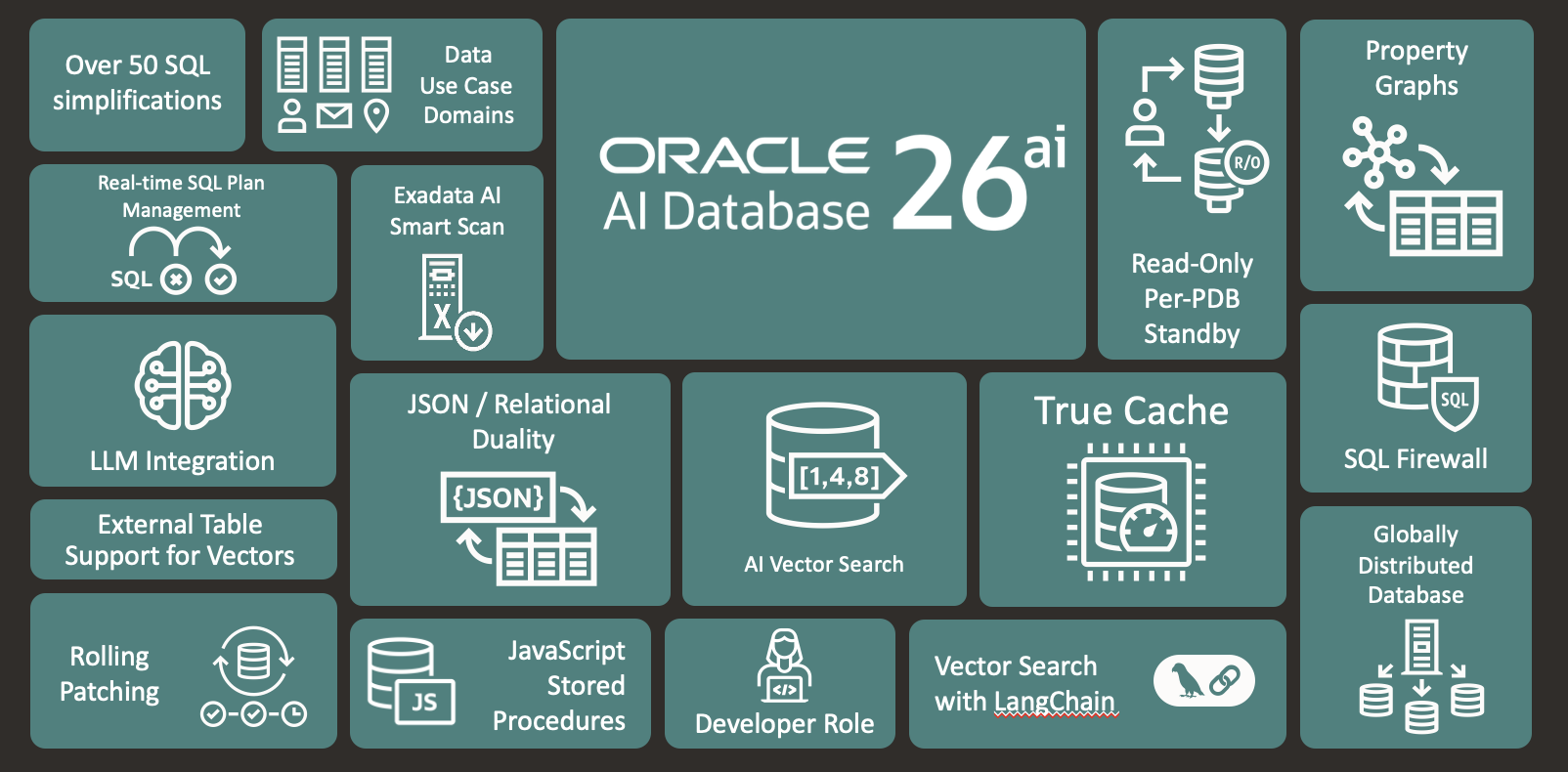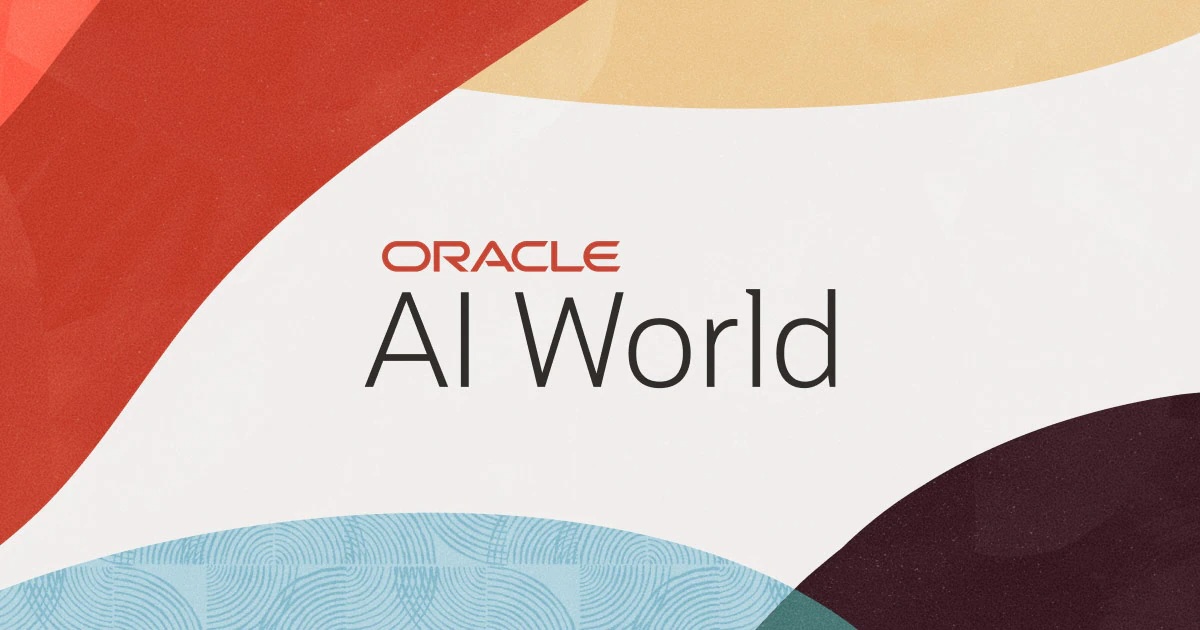Databricks announced its agreement to acquire Tabular, a data management company founded by Ryan Blue, Daniel Weeks, and Jason Reid. The acquisition aims to unify the Apache Iceberg and Delta Lake open-source lakehouse formats, enhancing data compatibility for organizations.
Databricks intends to collaborate closely with the Delta Lake and Iceberg communities to achieve format interoperability, starting with Delta Lake UniForm and eventually evolving toward a single open standard.
The acquisition enhances data compatibility within the lakehouse architecture, a model pioneered by Databricks in 2020. The lakehouse architecture integrates data warehousing and AI workloads on a single, governed copy of data, promoting open data formats for seamless access by various workloads, applications, and engines.
This contrasts with proprietary data warehouses that often create vendor lock-in by restricting data accessibility.
Key Elements of the Deal
- Unified Lakehouse Formats: The acquisition will bring together the Delta Lake and Iceberg communities to develop interoperability between the two formats. Initially, this will be implemented through Delta Lake UniForm, which provides compatibility across Delta Lake, Iceberg, and Hudi formats.
- Delta Lake UniForm: UniForm tables enable interoperability across different formats and support the Iceberg restful catalog interface, allowing companies to use familiar analytics engines and tools with all their data, facilitating a unified data management approach.
- Commitment to Open Source: Databricks and Tabular have a strong history of supporting open-source technologies. This acquisition underscores Databricks’ dedication to open formats and the open-source community, aiming to eliminate the constraints of proprietary data formats.
- Enhanced Collaboration: The joint effort will focus on creating a single, open, and common standard for data interoperability, benefiting enterprises by reducing silos and improving data management efficiency.
The acquisition is expected to close in Databricks’ second fiscal quarter, subject to customary closing conditions. This strategic move is poised to solidify Databricks’ position as a data and AI industry leader by fostering a more unified and open data management ecosystem.
Quick Analysis
Technological Synergies:
- Unified Lakehouse Formats: Integrating Iceberg and Delta Lake under Databricks’ Delta Lake UniForm initiative is significant, allowing enterprises to operate across different data formats seamlessly.
- Open Source Commitment: Databricks and Tabular have a strong foundation in open-source technology. This merger reinforces their commitment to maintaining open standards, which fosters innovation and avoids vendor lock-in. The combined expertise will accelerate the development of a common standard for data interoperability.
Business Benefits
- Enhanced Market Reach: By merging with Tabular, Databricks can extend its reach to organizations that have adopted Apache Iceberg, expanding its customer base and market influence. This move also strengthens Databricks’ value proposition by offering a more comprehensive and unified data management solution.
- Cost and Efficiency Gains: The unified lakehouse architecture will reduce the need for enterprises to manage multiple data formats, leading to significant cost savings and operational efficiencies. This can help companies decrease their total cost of ownership (TCO) and expedite the deployment of AI projects.
Community and Ecosystem Impact
- Collaborative Development: The collaboration between the Delta Lake and Iceberg communities is poised to drive innovation and create a more robust and versatile data lakehouse platform. This joint effort will foster a more cohesive and active open-source community, driving forward the standards and capabilities of data lakehouse technologies.
- Open Source Leadership: Databricks’ acquisition of Tabular highlights its role as a leading advocate for open-source initiatives. With this move, Databricks not only strengthens its technological offerings but also reaffirms its commitment to the principles of open-source development, which can attract more contributors and users to its platform.
Databricks’ acquisition of Tabular is a strategic move that enhances its technological capabilities, broadens its market reach, and strengthens its commitment to open-source data management. This deal positions Databricks to lead the evolution of the lakehouse architecture, providing enterprises with a unified, efficient, and open data management solution.





